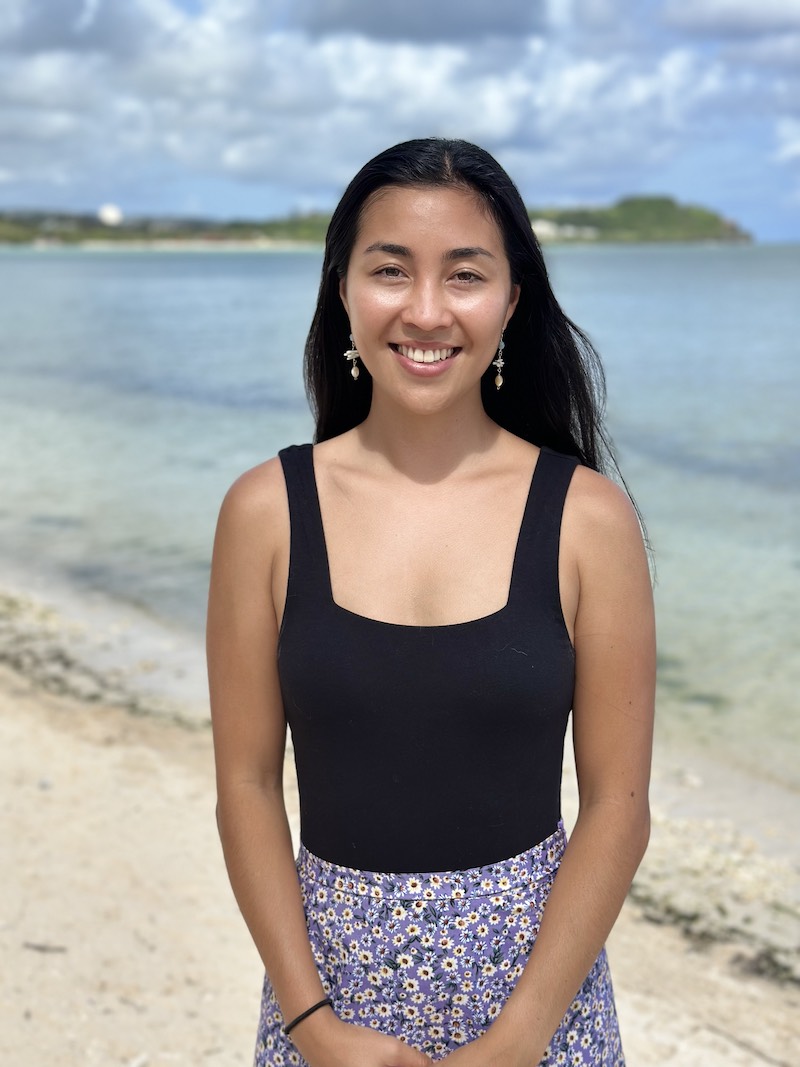This project will investigate methods for producing fisheries stock assessment models that better reflect the way fish growth rates vary across time and space, providing more accurate estimates of fish population health as the climate changes.
Climate change and the resulting shifts in environmental conditions are already impacting marine species. There are now calls to revise fisheries management approaches in light of these changing conditions. To that end, fishery scientists aim to incorporate climate-related information into stock assessments, which serve as the basis for harvest regulations for commercial fisheries. Many of the models used to produce stock assessments assume that vital rates — like somatic growth, reproduction and mortality — do not vary across space or time, but this is not a realistic portrayal of natural fish populations.
The empirical weight-at-age (EWAA) approach is one way to account for variability in somatic growth when estimating population status; previous work has shown that this method can lead to more accurate estimates of spawning biomass compared to current standard methods. The EWWA approach, though, can also introduce inaccuracies due to unanswered questions about model and data structure, such as conflicts between data sources and inadequate methods for interpolating missing values.
National Marine Fisheries Service-Sea Grant 2023 fellow Andrea Odell aims to minimize inaccuracies in the EWAA approach and evaluate its potential in stock assessments, using Pacific Hake (Merluccius productus) as a case study. Stock assessments for other species will likely benefit from better modeling of spatiotemporal variability in growth, as well, which will help inform approaches to developing climate-resilient fisheries.
 Andrea Odell
Andrea Odell